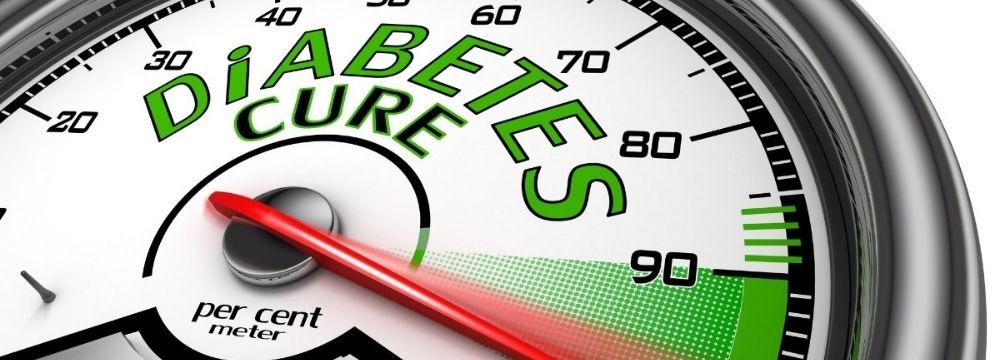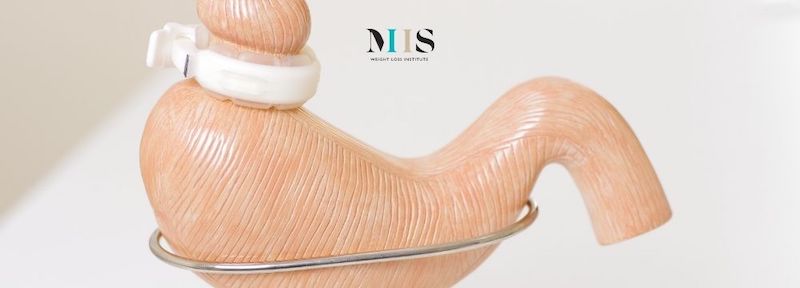Sleeve Gastrectomy
The gastric sleeve also known as the sleeve gastrectomy is what we call a purely restrictive procedure. Unlike the gastric bypass, it does not alter the small intestine. Rather, it uses pure mechanical shrinking of the stomach pouch to limit the amount of food a patient can eat.

To understand how popular the gastric sleeve has become, we need to go back a couple decades when it was the first of a two-part procedure known as a duodenal switch. The gastric sleeve would be performed (usually on extremely obese patients) to reduce the risk of a second surgery, the switch. However, it soon became very clear that the gastric sleeve was an excellent option on its own, and we started performing it as a standalone procedure. Within a few years, it was considered a major surgical procedure and covered by insurance.
It is so popular because it is simply the safest and least invasive method for weight loss surgery. And while one could argue that the gastric band or Lap-Band is similarly minimally invasive, the gastric sleeve does not require an implant which can and does often fail. As a result, few practices in the US place bands anymore.
The Results
The results of a gastric sleeve are typically excellent with significant improvement or elimination of many of the diseases associated with excess weight and obesity. Beyond the smaller stomach pouch though, the gastric sleeve offers an excellent weight loss tool in the form of a hormonal change. Since the fundus of the stomach is removed along with about 70% of the original stomach pouch, it reduces the production of a hunger hormone known as ghrelin. This means many patients will have fewer hunger pangs after surgery and contributes nicely to the expected results of about 60 % of excess weight loss.
The procedure is relatively quick too, taking about 30 minutes in my hands. Patients usually stay 1 night in the hospital, but can also go home the same day depending on their condition. The recovery is very quick with most patients returning to work in a few days up to a week.
The Lower Risk Option
Most importantly, the gastric sleeve allows for durable, long-term weight loss and provides minimal risk. The risk with the sleeve gastrectomy is < 1% for severe postoperative complications. The risk of a leak is < 0.3 % in my experience. There are no severe long-term complications such as malnutrition or vitamin deficiency that are often seen with other weight loss operations. Approximately 5-10 % of my patients experience GERD after surgery. This is usually controlled with antacid medication and often resolves after weight loss.
Do I Qualify?
Qualification criteria can vary between patients, however those with a BMI of 35 or over with at least one obesity-related comorbidity or a BMI of 40 or over regardless of comorbidities may be candidates. Your insurance company may have additional qualification criteria. All patients will undergo preoperative testing to ensure they are suitably healthy for a surgical procedure. Of course, the first step is to schedule a consultation with me to learn more about the gastric sleeve and all your weight loss options. We look forward to seeing you in the office and discussing the next steps in your health.
Dr. Kevin Huguet, FACS, MPH is a leading general surgeon in Florida with a specialization and particular interest in bariatric surgery for the management of obesity and excess weight. A St. Petersburg, Florida native, Dr. Huguet is the medical director and founder of the MIIS weight loss Institute.









